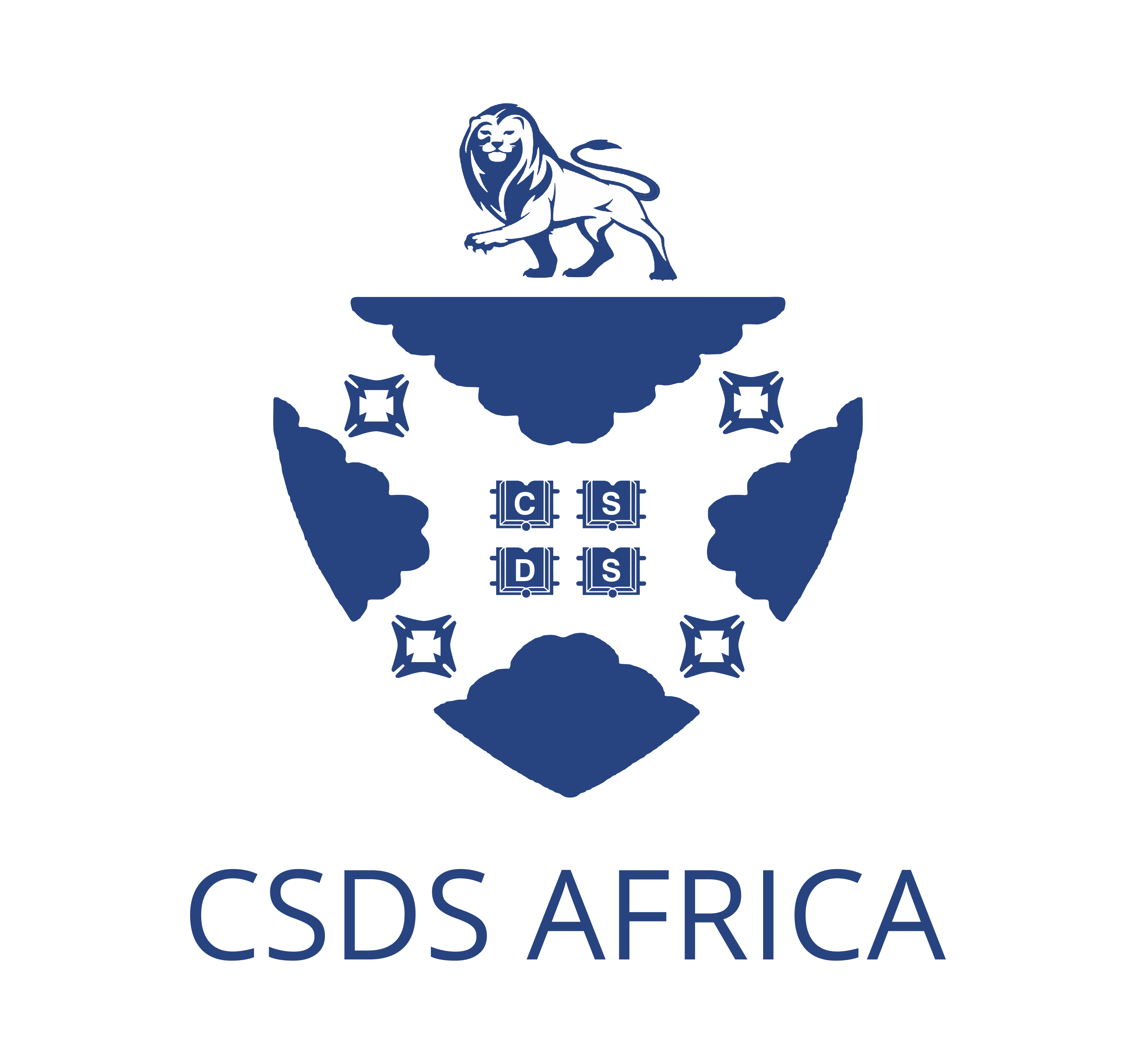ALGERIA RISK REPORT
Security travel advice for Algeria
SECURITY INFORMATION
Threat level: Medium
Guinea-Bissau is an extremely poor country, despite this there is a relatively low level of crime. There is currently a globally heightened threat of terror. All travellers to Guinea-Bissau should keep this threat in mind. Foreign nationals from western countries should maintain an extra level of vigilance, as they are thought to be high priority targets.
Recent Security Events
In 2012, troops in Guinea Bissau seized control of the capital city, Bissau, in the beginnings of a coup d’état. There were curfews in place and the prime minister and interim prime minister were arrested. After condemnation by many international organisations, the military handed the power of the country over to a transitional civilian government who were given a year to organise parliamentary and presidential polls.
The government has not been recognised internationally and elections have not taken place. There remains political instability in the country – tourists should be aware that demonstrations frequently occur and can sometime turn violent with little warning.
Land mines are a problem in some areas of the country. If you drive outside of the capital city, you should take local advice and stick to main roads to avoid the risk of land mines.
Security Risks
There have been an increase in reports of armed banditry in the area between the southern border of The Gambia and the north-western border of Guinea-Bissau. You should be extra cautious when travelling to these regions and avoid travelling at night. It is also advised that you travel in convoys when possible.
There are some problems with petty crime in Guinea-Bissau such as pick pocketing, however incidents of this nature are rare. To reduce the risk avoid carrying large sums of cash and do not have expensive jewellery on show.
International Relations
Guinea-Bissau enjoys many friendly bilateral relations with countries such as France, Portugal, Angola, Brazil, Egypt, and Nigeria. Guinea-Bissau is a member of the United Nations and many of its specialized and related agencies, including the World Bank.
Travel Considerations
The road conditions and driving standards are both quite poor. During the rainy season (June to October) roads are frequently affected by flooding and landslides which can lead to road accidents, long detours and travel delays. You should bear this in mind and plan it into your journey if you are driving long distances.
You can drive in Guinea-Bissau with most national driving licences including from the UK, EU and the United States. Some roads are only passable with four wheel drive throughout the year.
GENERAL INFORMATION
Official languages: Portuguese
Religion: Islamic
Currency: West African CFA franc (XOF)
Visa requirements
All nationalities will require a visa before they are able to enter Guinea Bissau. This should be arranged prior to your arrival in the country: you should contact your local Bissau-Guinean Embassy for further information. There is a fee attached to visas, and you may be required to show evidence of onwards travel from the country.
Immunisations
It is advised that visitors to Guinea Bissau are up-to-date with primary boosters such as MMR. It is essential that you get vaccinated against Yellow Fever as there is risk of the disease throughout the country. It is an entry requirement that you present a certificate proving your immunisation. This should be completed at least 10 days prior to departure.
It is further recommended that most travellers also get Tetanus, Typhoid and Hepatitis A vaccinations. Check with your local health professional prior to travel if you are unsure.
Other health risks
Medical facilities are extremely poor in Guinea Bissau and many hospitals are not fully operational. Make sure to have adequate travel health insurance and the funds to cover the cost of any medical treatment abroad as this can sometime prove costly. Medical evacuation to a better equipped hospital may be necessary in the event of a serious illness or injury.
There have been confirmed cases of the Zika virus in Guinea Bissau and suitable precautions are advised. The disease is transmitted to humans by mosquito bites and although there is no vaccine at present, taking precautions against bites can prevent contraction in the first place.
You can find more about the Zika virus here: Zika virus facts
During the rainy seasons, there are some outbreaks of cholera, particularly in areas where there is poor sanitation.
CONSULAR INFORMATION
The U.S. only has a Consulate in Guinea Bissau and this is unable to provide consular assistance. Citizens will have to contact the Embassy in Dakar, Senegal for any consular services.
U.S. Liaison office
Edifício SITEC,
245 R. José Carlos Schwarz,
Bissau,
Guinea-Bissau
Telephone: +245 325 6382
Emergency telephone: +221 338 794444
U.S. Embassy Dakar
B.P. 49,
Route des Almadies,
Dakar,
Senegal
Telephone: +221 33 879 40 00
Email: DakarACS@state.gov
The British government does not have an Embassy in Guinea-Bissau, all Consular activites are carried out via its Embassy in Dakar, Senegal.
British Embassy Dakar
20, rue Docteur Guillet,
Dakar 6025,
Senegal
Telephone: +221 33 823 26 66
Email: britembe@orange.sn



